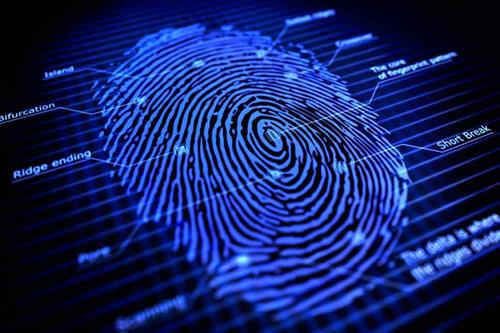Police Protocol for Fingerprinting
There are an estimated 7.4 billion human beings on earth. Among the world's population, no two fingerprints are alike. Like our DNA, fingerprints are blueprints for our identity.
It is no surprise then that since the early twentieth century, fingerprint analysis has led to the identification of suspects in many crimes. If you are arrested and charged with a criminal offence, it is standard procedure for the police to take your fingerprints and photograph you. This information will be so used to determine your involvement in current and or future crimes.
Fingerprint Destruction:

But what happens if, after your fingerprints are recorded, the charges against you are dropped? What if you are found innocent? What happens to the record of your fingerprints then?
By law, you have the right to apply for these records to be destroyed. Your fingerprints are part of your private identity. Unfortunately, law enforcement agencies may not be willing to have your fingerprints and photographs destroyed. Approval for the destruction of your records may be contingent on the criminal offence for which you were charged. It may also depend on the police service's policy pertaining to the destruction of personal records.
A defence lawyer well versed in fingerprint destruction can help ensure your rights and freedoms are respected. With a legal advocate in your corner, your chances of getting fingerprints and other personal records destroyed are dramatically increased.
Fingerprint destruction is not an instant process. There are wait times associated with requests to destroy fingerprints and photographs on record, ranging from three months to one year, depending on the outcome reached in or out of court.
Caramanna, Friedberg LLP is experienced in determining your eligibility, and in advocating for your right to recover your privacy. Since the process may be protracted, please contact us today to discuss your case at (416) 924-5969.